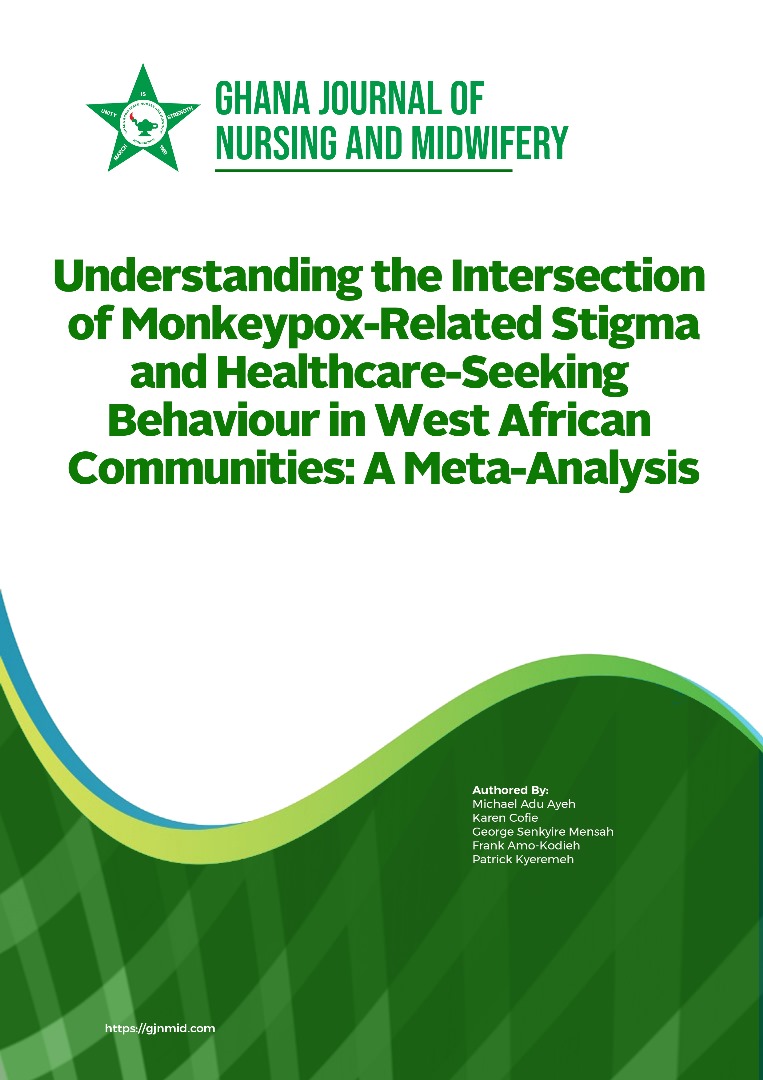Understanding the Intersection of Monkeypox-Related Stigma and Healthcare-Seeking Behaviour in West African Communities: A Meta-Analysis
Main Article Content
Abstract
This study investigated the intersection of monkeypox-related stigma and healthcare-seeking behavior in West African communities, focusing on regional variations and intervention effectiveness. Using a mixed-methods approach combining systematic literature review and quantitative data synthesis, the research analyzed healthcare access patterns, intervention outcomes, and economic impacts across multiple West African nations. Statistical analysis employed R software for correlation studies and significance testing, while visualization utilized React with Recharts library. Findings revealed significant urban-rural disparities in healthcare access (urban 65% vs. rural 35% in Nigeria), with strong correlations between education levels and healthcare-seeking behavior (r = 0.78, p < 0.001). Healthcare worker training showed highest intervention effectiveness (82%), while community-led programs demonstrated superior sustainability metrics. Economic analysis indicated peak healthcare costs in Q1 2022 (85% above baseline) with gradual reduction through targeted interventions. Recommendations include implementing integrated three-tiered intervention approaches combining healthcare worker training, community engagement, and media campaigns, with emphasis on pre-seasonal intervention deployment and community-led initiatives.
Downloads
Article Details

This work is licensed under a Creative Commons Attribution 4.0 International License.
Copyright (c) 2024
This work is licensed under a Creative Commons Attribution 4.0 International License.






